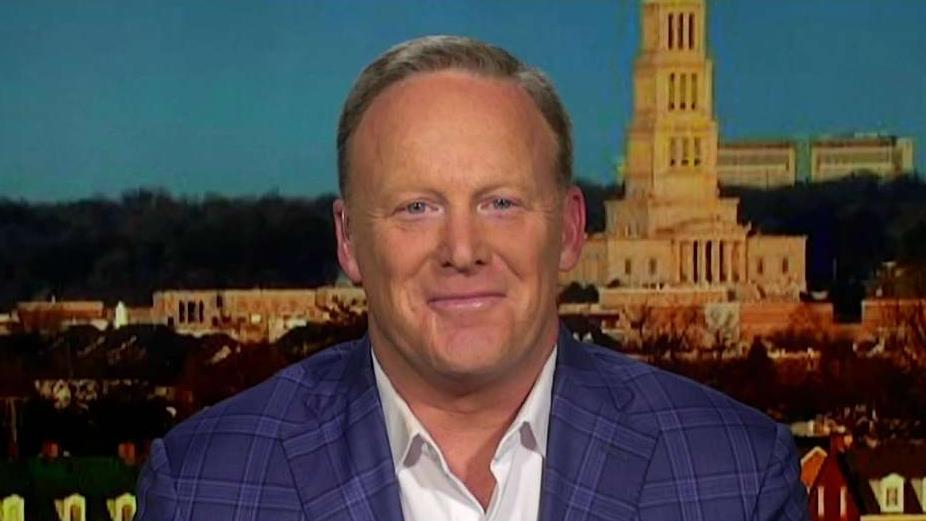Restricting H-1B visas likely cost US more than 1M new jobs in 2018
During the second night of the recent Democratic presidential debate, all the candidates on stage raised their hands in favor of providing free health insurance to 11 million illegal immigrants. The Democrats talk about illegal immigration, while ignoring common sense policy solutions to increase the number of temporary high-skilled and educated immigrant workers.
The United States currently has 7.3 million job openings. The U.S. Department of Labor recently released a report detailing that there are now more job openings than there are unemployed Americans. Many of these jobs require a skill set, training or specialty that U.S. employers are currently unable to fill with American workers. At the same time, current immigration policies make it difficult to fill them with candidates from outside the U.S.
As the president recently noted “companies are moving offices to other countries because our immigration rules prevent them from retaining highly skilled” talent. In a competitive global economy, the United States needs to attract and retain the best and brightest. In many cases, candidates who have earned a Master’s degree or PhD in science, technology, engineering or math (STEM) at American universities are forced to leave the country after completing their degree.
To address the “skills gap” in the long term, President Trump signed an Executive Order on Workforce Development that established the National Council for the American Worker that will focus on ways to modernize our nation’s education and job training system.
In the short term though, the United States needs temporary high-skilled workers who utilize H-1B visas to fill the current need and keep our economy moving forward. Unfortunately, there is a severe lack and shortage of these high-skilled visas. While U.S. employers requested more than 300,000 H-1B visas to fill vacant positions in 2018, there were just short of 65,000 issued.
According to the National Foundation for American Policy, U.S. companies increase their employment by 5 workers for every H-1B visa position requested. The difference between the number of H-1B visas requested by U.S. employers last year and the actual number that were issued equates to a potential loss of over one million new U.S. jobs.
Beyond the additional jobs created, Kevin Hassett, President Donald Trump's outgoing chairman of the White House Council of Economic Advisers, noted in a research paper for the American Enterprise Institute that the United States could add half a percentage point to economic growth by doubling the number of high-skilled immigrants it lets into the country.
High-skilled immigration is one of our best weapons to keep the American economy strong and ensure we maintain our economy’s superiority over countries like China. Canada, our neighbor to the north, has strategically launched a program called Global Skills Strategy, to attract top global talent with the STEM skills needed to promote their long-term economic plan.
CLICK HERE FOR THE FOX BUSINESS APP
The United States is home to the world’s greatest institutions of higher learning. Our immigration policies should encourage the doctors, engineers, researchers, scientists and other highly educated graduates of our institutions from other countries to remain and flourish here in the United States rather than be forced to take what they have learned here and excel elsewhere.
Sean Spicer served as the 28th White House Press Secretary and Communications Director for President Donald J. Trump.




















